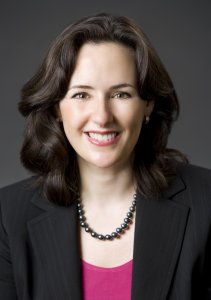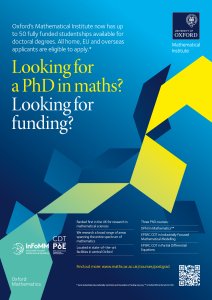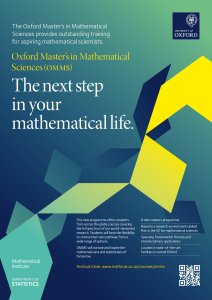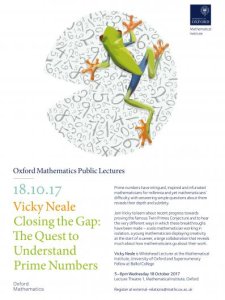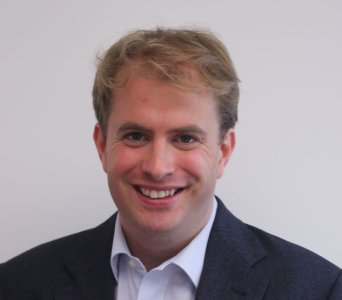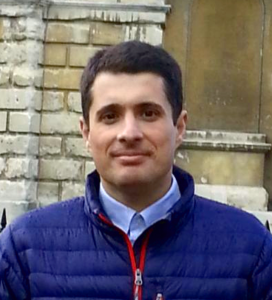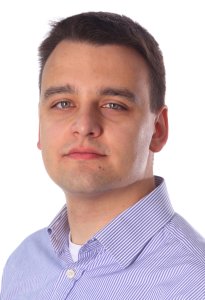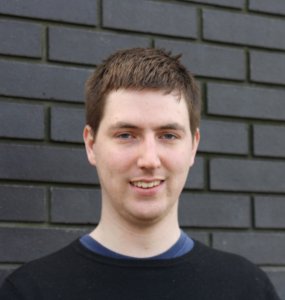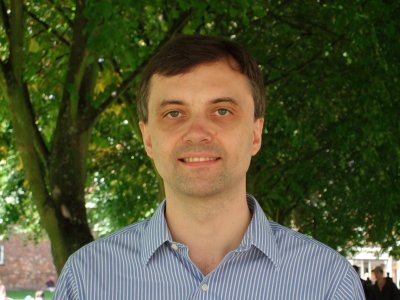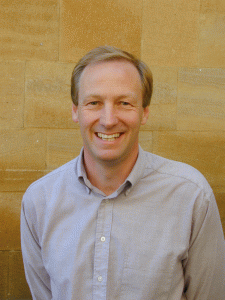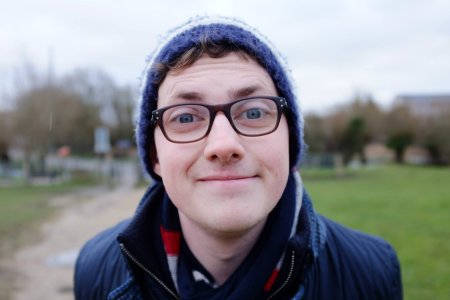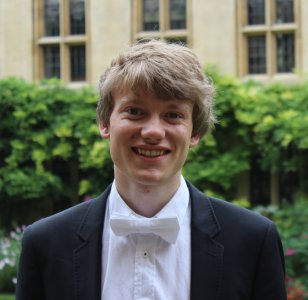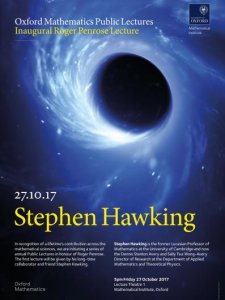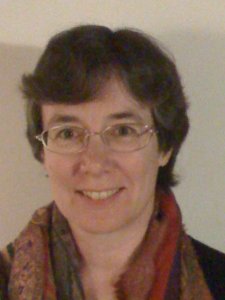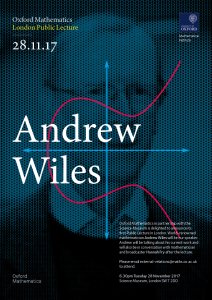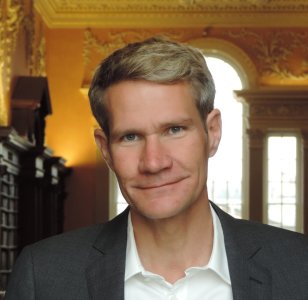Thaleia Zariphopoulou appointed as a Visiting Professor in the Mathematical Institute
We are delighted to announce that Thaleia Zariphopoulou has been appointed as a Visiting Professor in the Mathematical Institute, University of Oxford for three years from 1st November 2017.
Thaleia holds the Presidential Chair in Mathematics and is the V. H. Neuhaus Centennial Professor at the University of Texas at Austin. From 2009-2012 she was the Oxford-Man Professor of Quantitative Finance here in Oxford and has remained in close contact with colleagues in the Mathematical Institute.
Thaleia's works spans financial mathematics, notably stochastic optimization and quantitative finance. She has held many visiting fellowships and in 2012 became a Fellow of the Society for Industrial and Applied Mathematics (SIAM) "for contributions to stochastic control and financial mathematics."


